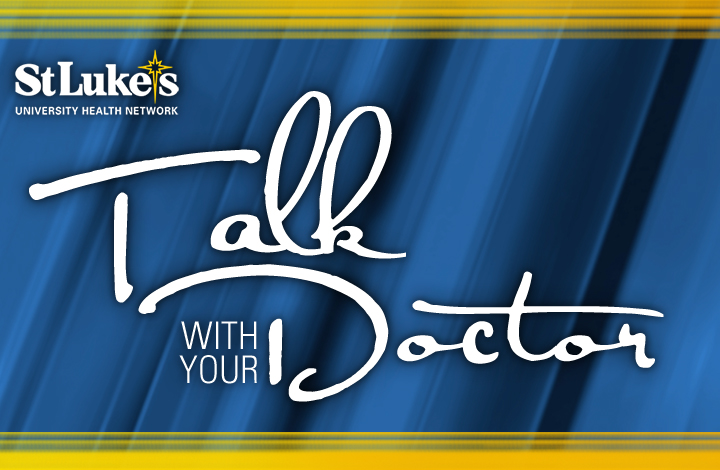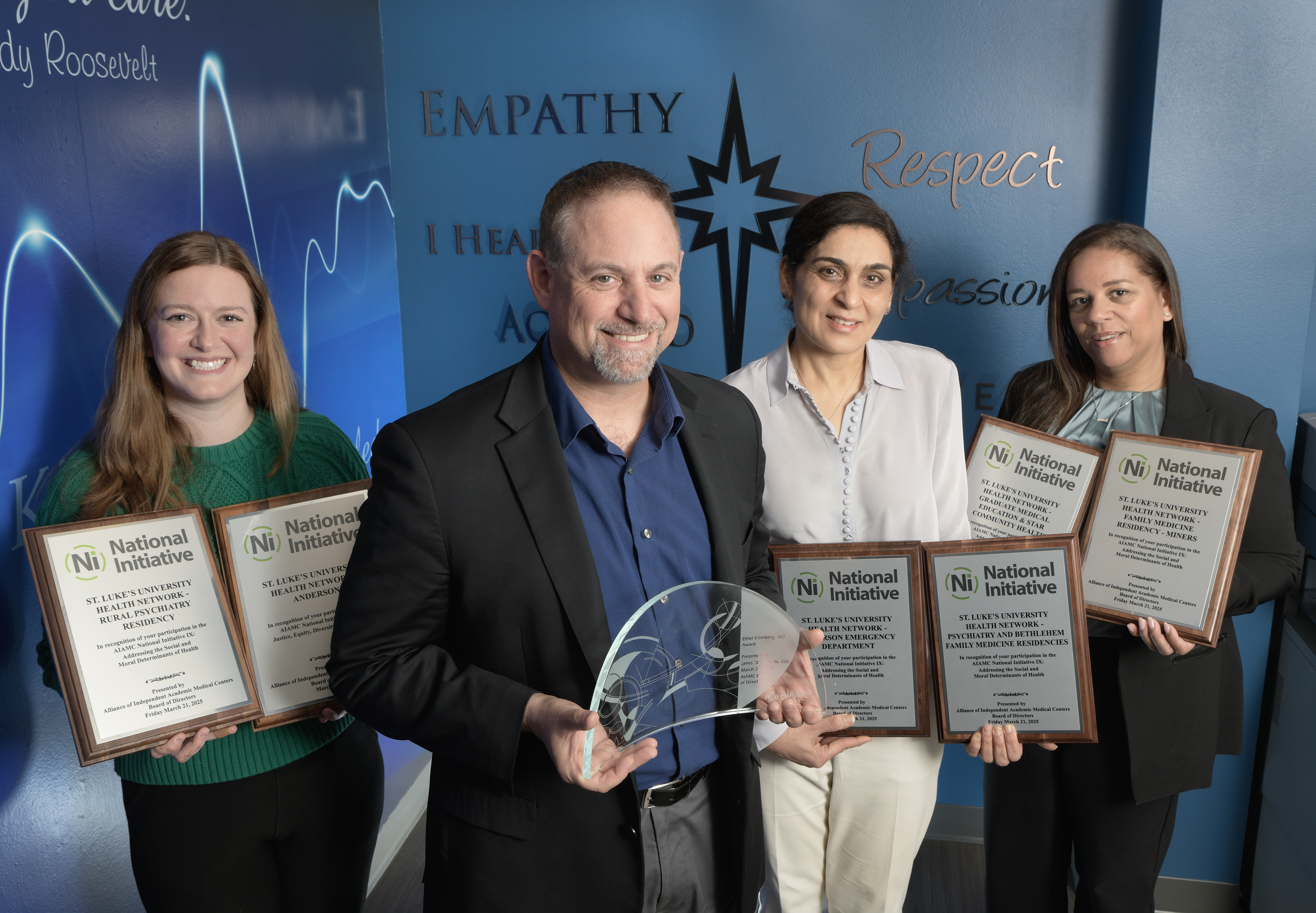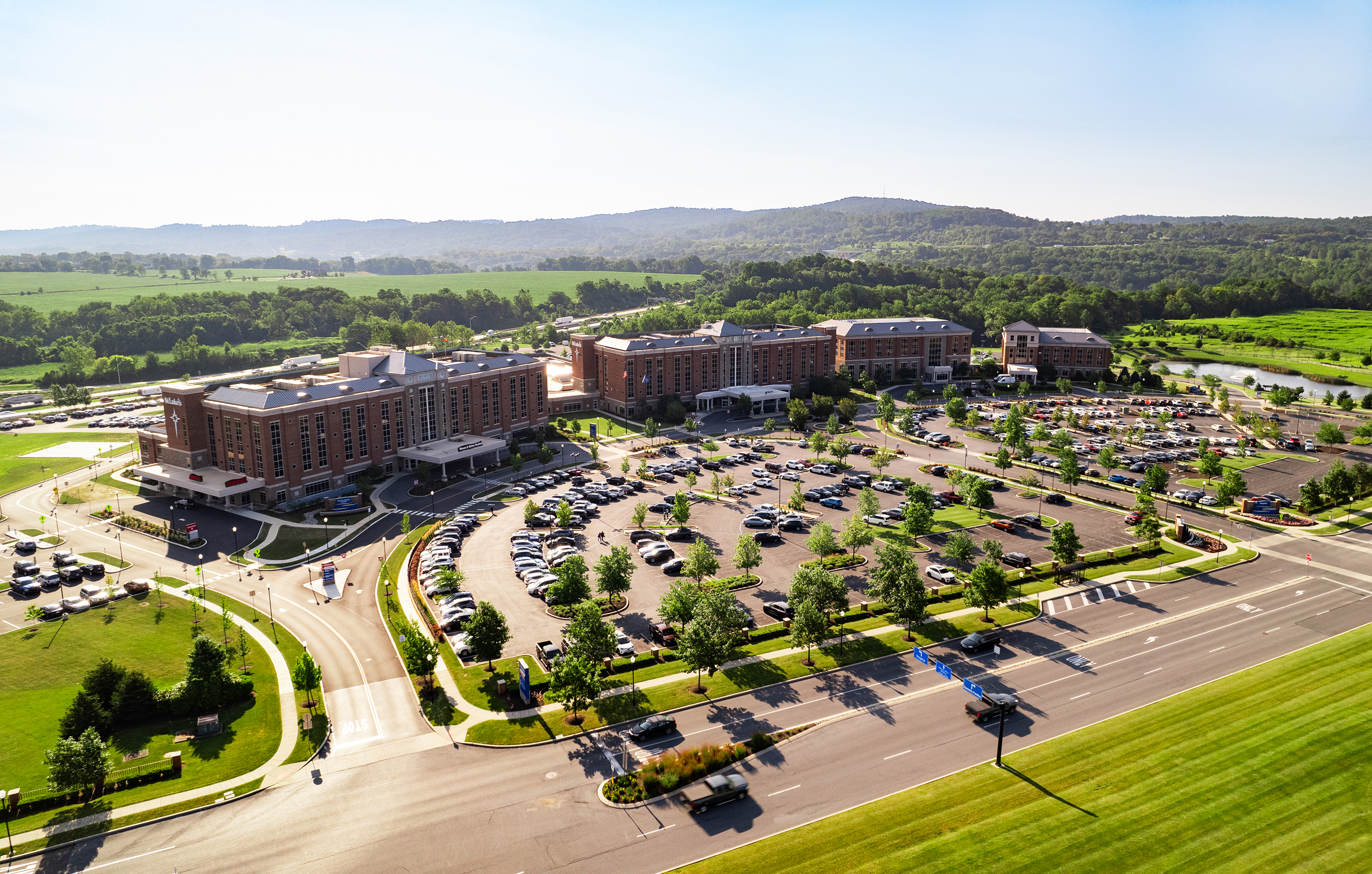Genetic Counseling at St. Luke's help patients decipher own genetic mysteries
November 14, 2017
Social and regular media are filled with information about all the genetic tests available and the latest genes discovered by researchers. You can’t help but wonder whether you should be tested and what the results might mean. So where do you turn? Genetic counselors are the professionals who can help guide you.
Wait, genetic what?
St. Luke’s University Health Network employs two genetic counselors to assist patients and health providers in navigating the complex world of inherited medical conditions and health risks.
Melissa Kershner Lenihan, MS, LCGC, works in the department of Maternal Fetal Medicine primarily at St. Luke's Bethlehem campus. She earned her master's degree in genetic counseling from the Graduate School of Public Health at the University of Pittsburgh in 1990 and subsequently earned a master's degree in Counseling Psychology from Chestnut Hill College in 1998. She provides prenatal and preconception counseling to individuals and couples considering multiple types of genetic testing. The most common reasons for referral for prenatal/preconception counseling are advanced maternal age, positive prenatal or carrier screening tests, ultrasound anomalies or family history of a known genetic condition or birth defect. Appointments for prenatal/preconception genetic counseling can be made by calling the department of Maternal Fetal Medicine at 484-526-3900.
Andrea Smith, MS, LCGC, is a genetic counselor with the St. Luke’s Cancer Center. She obtained her master’s degree in genetic counseling from Arcadia University in Glenside, Pa. Andrea has been employed at St. Luke’s for 9 years. Andrea provides genetic counseling and cancer risk assessment to individuals who have a personal or family history of cancer and who are concerned about their inherited cancer risks. Common hereditary cancer syndromes include Hereditary Breast and Ovarian Cancer Syndrome, Lynch Syndrome, and Familial Adenomatous Polyposis syndrome, among many others. Appointments for oncology genetic counseling can be scheduled through the cancer center HOPE Line (484-503-HOPE). Appointments are available at multiple St. Luke’s locations.
“Many people are confused about what a genetic counselor does, and many who might benefit from seeing a genetic counselor may not know we exist,” said Mary Freivogel, president of the National Society of Genetic Counselors (NSGC). “Simply put, genetic counselors have advanced training in medical genetics and counseling and can be a vital part of your healthcare team by helping you understand how inherited diseases and conditions might affect you or your family. We can provide guidance on whether genetic tests may or may not be right for you and help you make informed choices about your healthcare.”
Genetic counselors work in many areas of medicine, including cancer, prenatal, cardiology, neurology, infertility, pediatric and adult. Many work directly with patients in various healthcare settings, while others do research or work in education, public health or in industry settings.
Nov. 9 is Genetic Counselor Awareness Day, the perfect time to answer some questions about this growing and important profession.
- Q: My doctor knows my family history. Can’t he or she provide the same kind of guidance I would get from a genetic counselor?
A: Genetic counselors are a part of the healthcare team and work collaboratively with you AND your doctor. Depending on the specialty and training of your doctor, he or she may not have the time and expertise to help you fully understand how genetic diseases and conditions might affect you or your family. Genetic counselors are experts at interpreting and explaining complex genetic information to both you and your doctor while also providing emotional support when necessary. If your genetic counselor and doctor are not in direct contact, be sure to provide any information you learn from a genetic counselor to your doctor so it can be included in your personalized medical management plan.
- Q: Can a genetic counselor tell me whether I’ll get a certain disease?
A: Nobody can you tell you if you are going to get a disease or guarantee that you will not get it. Many things can influence your risk for a disease, and your genes are only one of them. A genetic counselor can help you understand your chances of developing a disease or condition. Regardless of your risk level, a genetic counselor can work with you and your doctor to develop a plan, including screening and prevention options.
- Q: Is the right time to meet with a genetic counselor after I’ve had my genetic tests?
A: Many people benefit from meeting with a genetic counselor before undergoing a genetic test. A genetic counselor can help you explore whether getting tested is right for you and if so, which test is appropriate and what laboratory should do the test. A genetic counselor can explain what the test can and cannot tell you and can prepare you for the results, which may impact not only you, but members of your family. In some cases, patients choose to decline genetic testing after meeting with a genetic counselor, but still benefit from receiving personalized information about their level of risk, based on their family history and other factors.
- Q: Will a genetic counselor tell me what to do based on my test results?
A: A genetic counselor can provide personalized information, guidance and emotional support through the decision-making process but will not tell you what decision to make. Rather, a genetic counselor will help you understand complex genetic information and provide useful insight and perspectives and support you as you make an informed decision about what makes sense for you and your family.
- Q: If I need counseling, shouldn’t I see a psychologist or psychotherapist?
A: Genetic counselors counsel, educate and guide patients about their personalized risk for disease, their options for genetic testing and their thoughts and feelings about what they want to know. Genetic information not only affects the individual, but also family members. Some patients can benefit from a genetic counselor’s guidance on how to navigate complex family dynamics when communicating information to relatives. Genetic counselors are not licensed therapists or psychologists but can certainly refer patients for this type of support when necessary.
- Q: I think I might benefit from working with a genetic counselor, but what if I can’t afford it?
A: Health insurance often pays for genetic counseling. In many cases, insurance also will pay for a genetic test if it is recommended by a genetic counselor or a doctor. However, you should check with your insurance company to find out if it will pay for the specific test you are considering. A genetic counselor can guide you on how to do this. Your insurance plan may cover certain tests, but not others. An advantage to having genetic counseling is that after you receive the information and insight, you may decide you don’t want or need a genetic test, which can save you money.
Media Contact:
Sam Kennedy, Corporate Communications Director, 484-526-4134, samuel.kennedy@sluhn.org
About St. Luke’s
Founded in 1872, St. Luke’s University Health Network (SLUHN) is a fully integrated, regional, non-profit network providing services at seven hospitals and more than 270 outpatient sites in the greater Lehigh Valley. The network’s service area includes 10 counties: Lehigh, Northampton, Carbon, Schuylkill, Bucks, Montgomery, Berks and Monroe counties in Pennsylvania and Warren and Hunterdon counties in New Jersey. In partnership with Temple University, St. Luke’s created the region’s first and only regional medical school campus. Dedicated to advancing health education, St. Luke’s operates the nation’s oldest School of Nursing and 23 graduate medical educational programs and is considered a major teaching hospital – the only one in its region. Repeatedly, including 2017, St. Luke’s earned Truven’s 100 Top Major Teaching Hospital and 50 Top Cardiovascular Program designations, in addition to other honors for clinical excellence. St. Luke’s is a multi-year recipient of the Most Wired award recognizing the breadth of St. Luke’s information technology applications such as electronic medical records, telehealth, online scheduling and pricing information. St. Luke’s is also recognized as one of the state’s lowest cost providers.
Read More NewsLatest News


April 10, 2025
National Recognition for SLUHN Graduate Medical Education

April 09, 2025
In Safe Hands Award

April 08, 2025